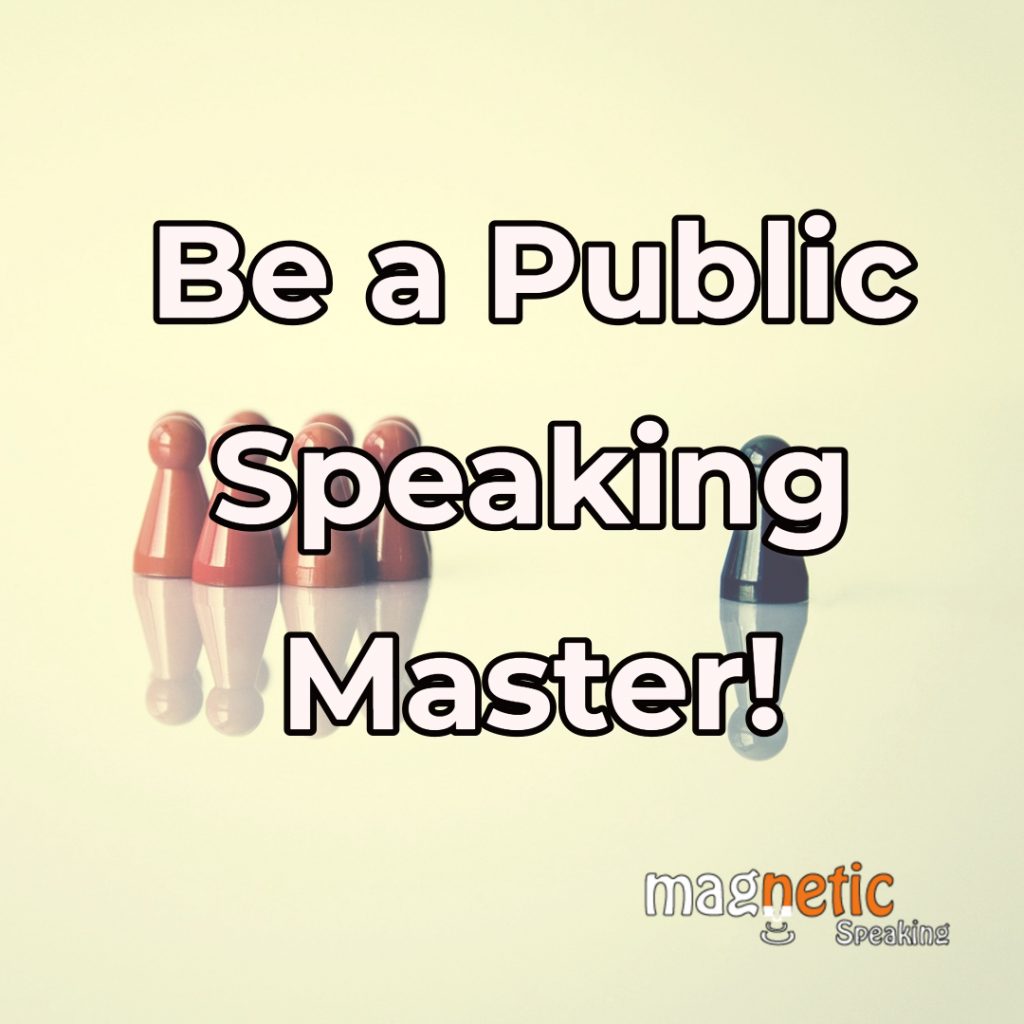Watching a public speaking master can be “good” or “bad” for you.
It all depends on how you watch that speaker.
If you look at a good speaker and say to yourself “I can’t do that!” or “Oh, I can’t be like that!” then you are reinforcing a belief that you are not a good speaker. This self-talk will not help you become a better speaker.
In fact, this will be detrimental to your public speaking success and confidence.
If you want to learn from good speakers or master speakers, then you need to watch them differently.
You need to watch them like a scientist. Break down what they do into small behavioral patterns, understand the reasons behind the behavior, then copy the behavior, and apply it.
For example, if the speaker moves to a specific spot repeatedly, then you might want to take note. If they raise their hand every time they ask a question, then you need to take a note of that as well. If they use a story and they come back to the same story later in their speech, then you need to note that also.
And if thoughts like “I can’t do that!” or “this is not me,” come to mind then you need to shake them off and focus on specific behaviors. See what makes a master speaker is the combination of many behaviors on stage.
Once you start looking at good speakers this way, then learning from them will be less overwhelming. You will realize that what makes a good speaker is a set of behavioral patterns that you can copy and use.
The big take away:
Don’t worship the masters, learn from them.
PS: Here are the top 8 public speaking masters of 100s I learn from all the time. These Masters have influenced the techniques you learn in one of our Magnetic Speaking Bootcamps.
1. Tony Robbins
2. Bill Clinton
3. Oprah Winfrey
4. Ester Hicks
5. T Harv Eker
6. Steve Jobs
7. Seth Godin
8. Jill Bolte Taylor
Do you have any Public Speaking Masters you admire?




